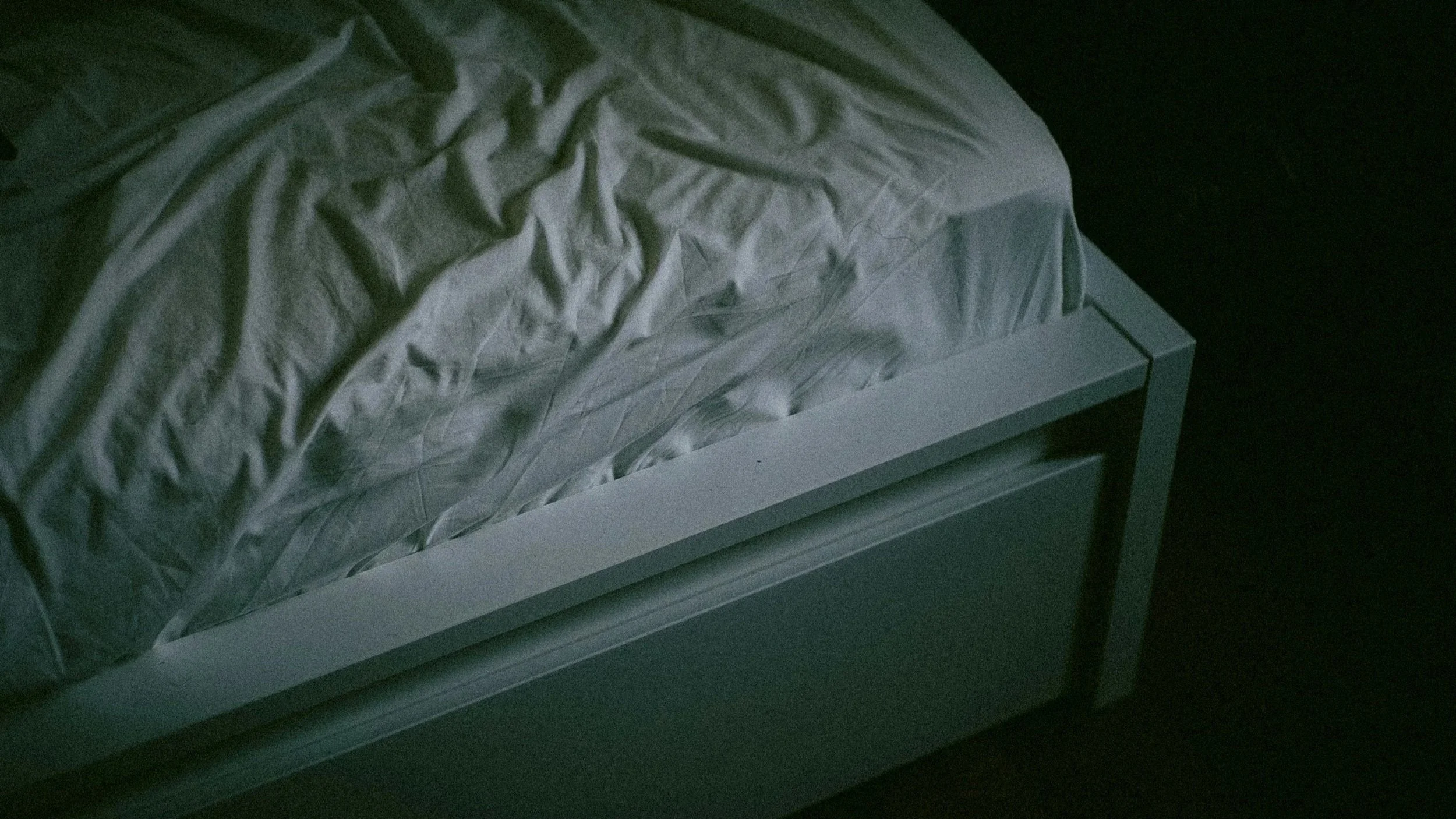Better Sleep Starts at Home
This year, Anti-Poverty Week 2025 (12-18 October) continues its campaign to raise awareness and understanding of the causes and consequences of poverty in Australia, and to encourage action to end it. Dr Shannon Edmed and Professor Simon Smith from The University of Queensland (@UQ_News) and the Life Course Centre (@lifecourseAust) have been examining how sleep can be an indicator and mechanism of disadvantage.
Photo by Stephen Han on Unsplash
Sleep is a fundamental human need. In fact, we all spend about a third of our lives asleep.
We know that good sleep health is essential for physical health, mental wellbeing, and the ability to live a life that is satisfying, productive, and active.
It is for these reasons that sleep is often referred to as a fundamental pillar of health. When I talk about sleep with my kids, I tell them that it is one of the key ingredients for growing up.
Good sleep health refers to sleep that is satisfying, occurs at regular and appropriate times, is of adequate duration and quality, and that helps you feel rested and alert when you’re awake.
However, not all people have the same opportunities to get the sleep that they need.
The silent cost of housing instability
As sleep researchers within the Life Course Centre, we want to understand how to support better sleep for all people, but particularly for people experiencing social and economic disadvantage.
Most of us know the usual suspects that disrupt sleep, such as scrolling on our phones in bed, or drinking coffee too late in the day. But our recent research reveals something less obvious: your housing situation might also be affecting your sleep.
The relevance of broader social, structural, and environmental contexts for sleep health is garnering increased attention.
Our research, using data from the Household, Income and Labour Dynamics in Australia (HILDA) Survey, looked at how housing situations affect self-reported sleep outcomes. We found that people experiencing greater housing insecurity – those who move often, struggle to afford housing, or live in unstable rental situations – were more likely to report not getting enough sleep and experiencing sleep disturbance. Similarly, people living in unsuitable housing, such as overcrowded or poor-quality homes, faced the same sleep barriers. These findings were seen across thousands of Australians, even when we accounted for other factors like income levels.
Poverty can shape the type of housing that a person can access – whether it’s affordable, good quality, or stable. For children and families experiencing poverty, good quality and secure housing is often out of reach. This means that people experiencing poverty face a double burden, with sleep problems driven by their living conditions. Good sleep isn’t just about personal habits. Where and how we live plays a bigger role than many of us had realised.
What can you do?
If you are unhappy with your sleep, the Sleep Health Foundation has a range of resources to improve your sleep. One key recommendation is to optimise your sleeping environment as much as you can. Ideally, your bedroom should be cool, quiet, and dark.
If you’re renting or on a budget, here are some affordable ways to improve your sleeping space:
Reduce noise and light:
Layering blinds, blackout curtains or thermal drapes can block out light and some noise
Seal gaps around windows and doors with weather seals
Hang soft furnishings on walls to absorb sound
Place bookshelves or other furniture against walls that face noisy areas
Manage the temperature:
Open windows on opposite sides of the room for cross-ventilation
Choose breathable bedding and clothing options for sleep (e.g., cotton, bamboo, linen)
While these tips can help, we know they’re not the full solution. The real issue is systemic. Inadequate and insecure housing affects millions of Australians. Improving sleep health at a population level requires addressing these broader housing challenges, not just individual sleep habits.
Tackling housing insecurity and housing quality to improve sleep
We believe that sleep is a human right.
Improving access to affordable, quality housing that is ‘fit for purpose’ to support sleep health, can in turn improve the health, wellbeing, and life opportunities of families experiencing poverty.
Improving housing may be one of a number of ways to ensure that all people are given the opportunity to achieve the sufficient high-quality sleep for a healthy, satisfying, and active life.
Content moderator: Life Course Centre

